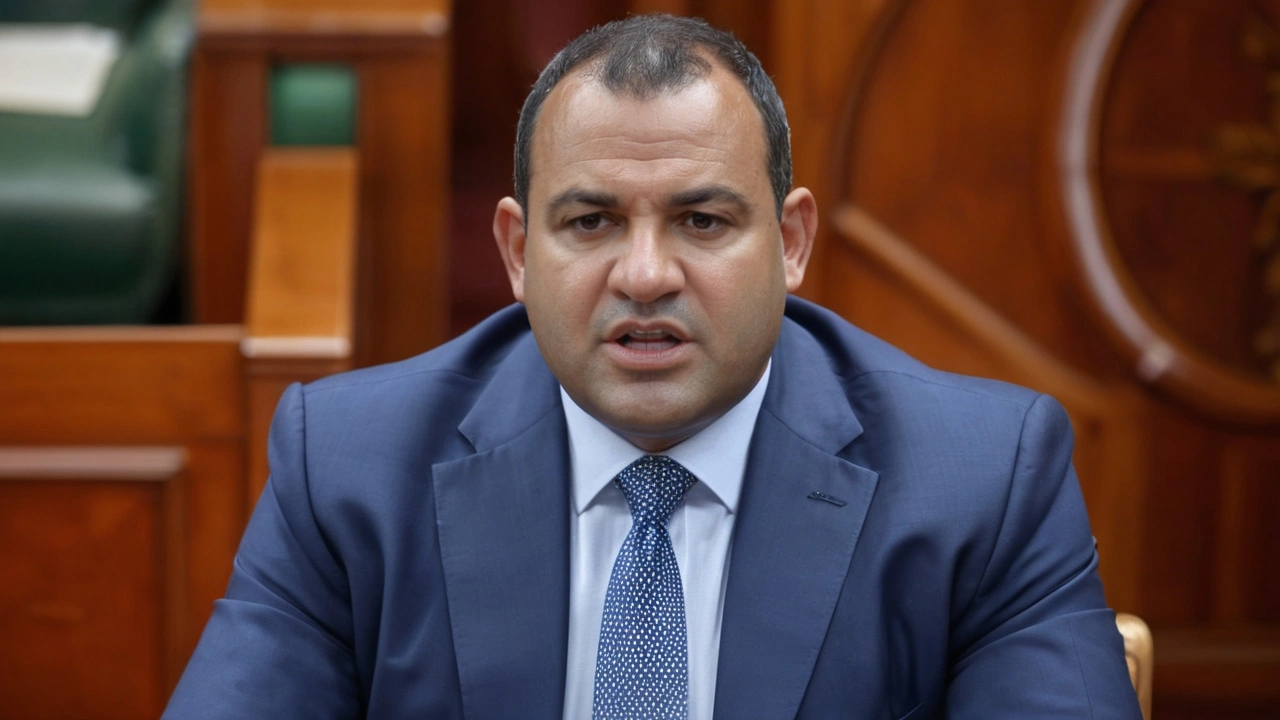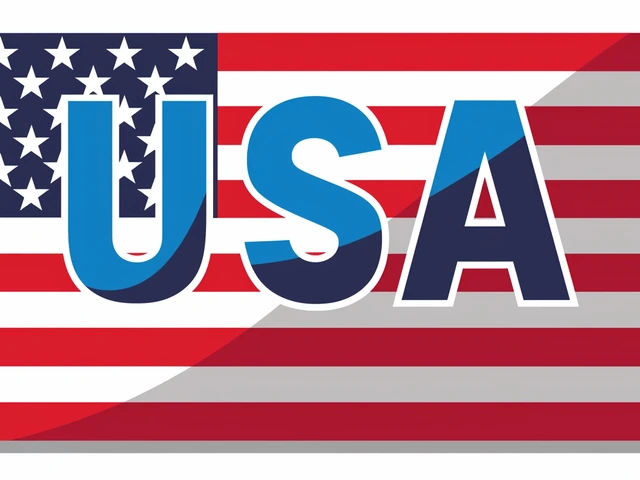Salim Mvurya Under Scrutiny by MPs Over Performance and Communication Issues
Salim Mvurya, the nominee for the position of Trade, Industry, and Investment Cabinet Secretary, encountered severe criticism during a vetting session by the National Assembly Vetting Committee. Members of parliament expressed concerns over his perceived detachment from on-ground realities and inadequate communication of his ministerial achievements. This scrutiny comes at a pivotal time when the government is looking to bolster its trade and investment sectors amid economic challenges.
Pokot South MP David Pkosing led the charge, highlighting that many Kenyans still recognize Mvurya primarily as the former governor of Kwale County, rather than in his current ministerial role. Pkosing argued that this misperception is a clear sign of Mvurya's lack of effective communication regarding his work and accomplishments. Furthermore, Pkosing accused Mvurya of being a 'desk minister,' implying that he lacks a tangible connection to the areas most affected by his policies.
The Deputy Speaker of the National Assembly, Gladys Shollei, also voiced her frustrations. Shollei pointed out that despite Mvurya's notable achievements in his previous position as Cabinet Secretary for Mining and the Blue Economy, these accomplishments are not widely known among the Kenyan public. She stressed the importance of visibility and communication in a ministerial role, especially in a sector as crucial as trade and industry.
Defending His Tenure
In response to these allegations, Mvurya defended his tenure passionately. He stated that he has been actively involved in various parts of the country, including the North Rift region and Nyanza. Mvurya elaborated on his visits and engagements with local communities to emphasize that his approach has been far from desk-bound. He illustrated his efforts by citing a series of field visits intended to monitor and drive development projects.
Additionally, Mvurya brought attention to several reforms he initiated in the mining sector, which he claims will result in a substantial Sh21 billion in benefits for the country. He argued that these reforms are a testament to his proactive approach and meaningful contributions to the cabinet. Despite these defensive remarks, the accusations of poor communication continued to loom over the conversation.
Financial Integrity and Economic Policies
Beyond questions of engagement and communication, Mvurya also faced inquiries regarding his financial integrity during his decade-long tenure as Governor of Kwale County. MPs questioned how well he handled financial allocations and whether there were any instances of misappropriation of funds. Mvurya asserted with confidence that no investigative authority has ever questioned him over such issues, reinforcing his stance on maintaining a clean financial record.
The topic of attracting multinational companies back to Kenya also surfaced during the session. MPs pointed out that several multinationals had exited the country due to unfavorable economic policies. When asked how he plans to address this issue, Mvurya pledged to collaborate closely with parliament to create an inviting environment for direct foreign investment. He stressed the imperative need for revamped economic policies and collaboration to lure back these enterprises and stimulate the Kenyan economy.
The Way Forward
The vetting session brought to light many critical issues, ranging from Mvurya's past performance to his prospective plans for steering the trade and industry sectors. As the parliamentary vetting committee continues to deliberate on his fitness for the role, it remains to be seen whether Mvurya's assurances will suffice to relieve the concerns of the MPs. Should he be given the nod, it will be imperative for him to enhance his communication strategies to ensure that his achievements are adequately recognized by the public.
Kenya stands at a crossroads regarding trade and investment. The performance of its ministers plays a crucial role in shaping public perception and policy outcomes. Transparency, engagement, and clear communication are all essential attributes for a minister aiming to drive growth and development in the country. Mvurya's experience and history suggest that he has the potential to contribute significantly to these sectors, but his success will hinge on addressing the concerns raised during this vetting process.
Conclusion
In conclusion, Salim Mvurya's vetting session was both revealing and pressing. It was a clear indication of the high standards and scrutiny underpinning the selection process for key governmental roles in Kenya. The MPs' concerns revolving around communication effectiveness, on-ground presence, financial integrity, and economic policy form pivotal criteria that Mvurya will need to meet if he is to succeed in his new role. As Mvurya endeavors to secure this cabinet position, the session serves as a reminder of the importance of a transparent and interactive approach to governance.






It's interesting how the same person can be seen as either a hands-on leader or a desk minister depending on who you ask. I've seen this play out in other countries too - visibility isn't always about physical presence, but about how well your work is documented and communicated. Maybe the real issue isn't that he's disconnected, but that his team hasn't built a narrative around his achievements.
He’s not a desk minister. He’s a PowerPoint minister. Same thing, different branding.
Oh please. He went on 'field visits' - like that makes up for a decade of silence while Kwale's roads crumbled. If you can't talk about your work, maybe you didn't do enough to begin with.
THIS IS WHY KENYA IS BROKE. One man thinks he’s doing God’s work while the people starve. He’s not a minister - he’s a performance artist with a title. Sh21 billion? Where’s the audit? Where’s the proof? The public doesn’t need speeches - they need receipts. And he’s got none.
He’s the poster child for political theater. And we’re all just the audience waiting for the curtain to fall.
The irony is not lost: a man tasked with communicating Kenya’s economic vision is himself a masterclass in opaque communication. His tenure in Kwale, like his testimony, was marked by the absence of clarity - not absence of activity. But activity without articulation is just noise. And noise, in governance, is indistinguishable from silence.
He speaks of reforms. But reforms without public resonance are like trees falling in forests where no one hears - and no one cares.
Look, I don’t care if he visited the North Rift ten times. What matters is whether the people there feel heard. If they still see him as just a former governor, then the communication failure is real - and it’s not about PR teams, it’s about trust. He needs to stop talking about Sh21 billion and start listening to farmers, traders, and small business owners. That’s how you rebuild faith.
And yes, if you’re in charge of trade and investment, you better damn well know what’s happening at the ground level. No excuses.
Okay but… what if he’s just bad at Twitter? 😅
Like, imagine if he had a TikTok series: ‘A Day in the Life of a Cabinet Secretary Who Actually Leaves His Office’ 🎥😂
He’d be viral. MPs would be begging for autographs. Problem solved. 🤷♂️📈